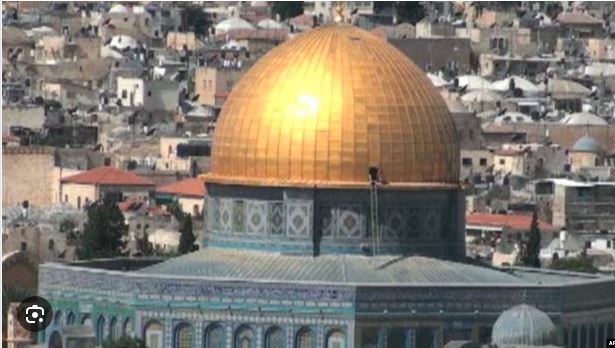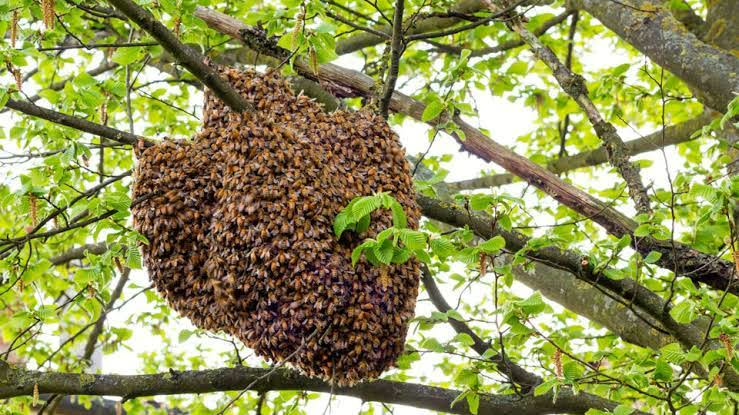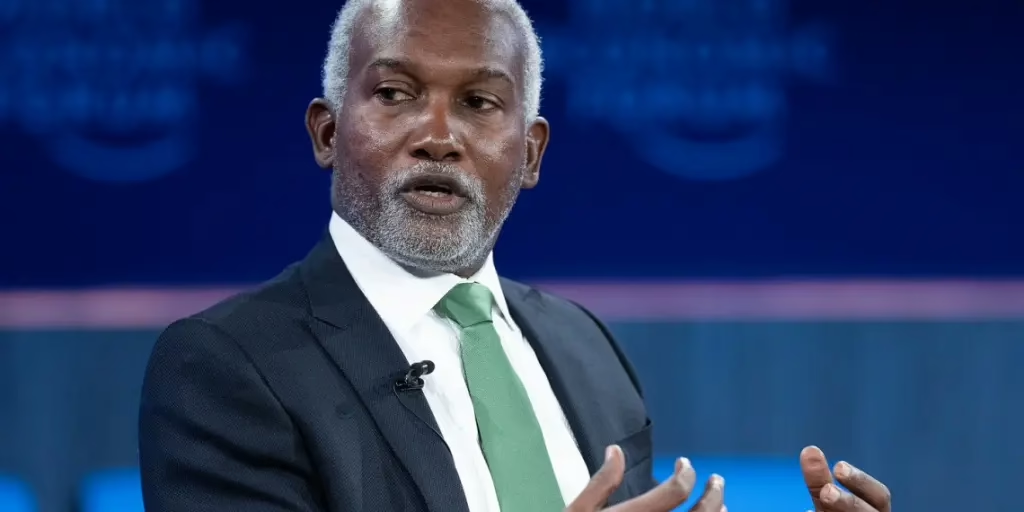With imported sacrificial cows, ancient hymns and growing support, some nationalist Jews hope to rebuild their temple in Jerusalem’s Old City, at a site at the heart of Israeli-Palestinian tensions.
In a suburb of Tel Aviv, a group of choristers were getting ready for the moment they will rejoice at the reconstruction of the Jewish temple some 2,000 years after its destruction, which they believe will accelerate the arrival of the messiah.
But for others, realising their goal would massively inflame tensions around the Al-Aqsa mosque compound in Israeli-annexed east Jerusalem.
Chorister Shmuel Kam said Jews have been “waiting” two millennia for the revival of the temple.
Members of the Orthodox Jewish group claim to be descendants of the biblical Tribe of Levi, which performed hymns and music at the holy site.
“When the temple will be built, we will ask the Levites to come sing and they won’t know. They have to learn,” said Menahem Rozenthal, director of the men-only choir created a few months ago by the Temple.
Founded in 1987, the institute aims to rebuild the temple, training choirs and clerics and making objects for use in religious rites.
While apprentice choristers come from across Israel to delve into the collection of ancient hymns, the Temple Institute has made all of the objects deemed necessary for Jewish rites according to rabbinical instructions.
These include priestly robes, baking moulds for bread, incense burners and musical instruments.
The faithful have their sights set on the large, tree-dotted compound in the heart of Jerusalem’s Old City.
Known as Temple Mount to Jews and revered as their holiest site, the compound has for centuries housed Al-Aqsa mosque, the third most sacred place in Islam.
Those seeking to rebuild the temple recall the former place of worship, destroyed around 70 AD during the Roman period.
According to Jewish tradition, their first temple was demolished in 586 BC by then ruler Nebuchadnezzar II at the same location.
For Haim Berkovits, a 50-year-old third temple advocate, “you can say whatever you want (about the Muslim presence), this was the place for Jews”.
Jewish worship at the future temple is “only a matter of time”, he said.
Berkovits is part of Boneh Israel (“Building Israel”), an organisation which according to its website works at “bringing the redemption closer”.
In order to hasten their sought-after redemption, Boneh Israel imported five red heifers from the United States last year.
The plan is to sacrifice them and blend the ashes with water, a mixture that will be used to brush anyone deemed impure — for example those who have had contact with a corpse — before their ascent to the third temple.
The rare cows are crucial, because the inability to perform this ritual is part of Israeli rabbinical authorities’ opposition to Jewish visits to Temple Mount.
The animals’ “return is a messianic sign”, affirmed Berkovits at a farm in northern Israel where they are inspected by vets and rabbis to ensure that every single hair is red.
We pamper them, we’re keeping them for the opportune moment,” he added.
Berkovits said Boneh Israel had already acquired land on the Mount of Olives in east Jerusalem, so the animals can be burned facing Temple Mount.
For Yizhar Beer, director of the Keshev Centre for the Protection of Democracy in Israel, these “third temple lovers” are in no way marginal.
From a few dozen adherents two decades ago, their ideology has “spread to the centre of the political level — to the parliament, to the government”, Beer said.
Since December, Benjamin Netanyahu has led a government alongside extreme-right ministers who advocate imposing Israeli sovereignty on the Al-Aqsa mosque compound.
The compound is administered by the Waqf Islamic affairs council of Jordan, whose forces were routed from east Jerusalem in the 1967 Six-Day War.
Defying the ban by top rabbis, some 50,000 Jews “ascended to Temple Mount” last year, according to a nationalist Israeli organisation that carries the site’s Hebrew name, Har Habait.
The Jewish visitors include firebrand politician Itamar Ben-Gvir, who has also visited twice this year since becoming Israel’s national security minister.
The United Nations, the United States and the European Union have all pressed in recent months for the status quo to be respected at Jerusalem’s holy sites.
Tours by Jews of the holy compound, where only Muslims are permitted to pray, are denounced by Palestinians as a “threat” and an attempt to “Judaise” the site.
The compound is a point of perennial tensions in the Israeli-Palestinian conflict, and any Jewish visit has the potential to become “an atomic bomb”, warned Beer.
“A combination of religion and politics… this is a nuclear reactor, so an explosion there blows up everything,” he said.
The international community has never recognised Israel’s annexation of east Jerusalem, and considers it occupied Palestinian territory.
For Yitzchak Reuven, the Temple Institute’s head of communications, “the controversy is stirred up by the Palestinians who use it for nationalistic reasons”.
It’s not really a Muslim issue,” he said.
Reuven did not specify what would become of Al-Aqsa mosque, a notable anomaly in otherwise detailed plans by organisations focused on the third temple.
However, such groups do assert that it would be impossible to construct the holy Jewish site anywhere but the mosque compound.
That’s the place God chose,” said Reuven. “It’s a dream, but Jews returning to Israel was a dream — and then it became a reality.”
AFP











Leave a Reply